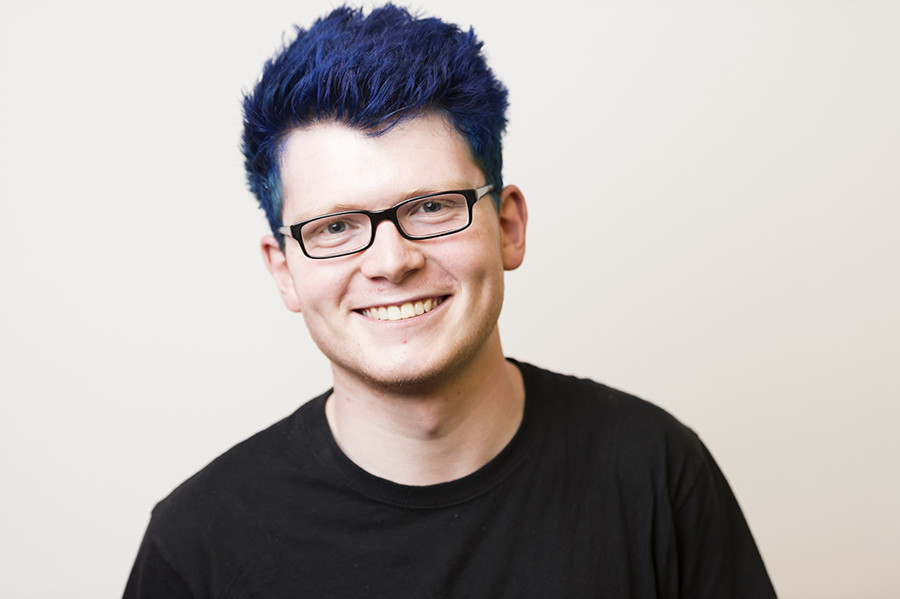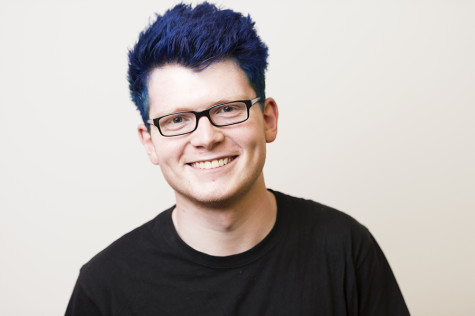Walled gardens can’t connect the world
October 13, 2015
U2 frontman and philanthropist Bono joined Facebook CEO Mark Zuckerberg last month to write a New York Times op-ed titled “To Unite The Earth, Connect It.” In the piece, they talked about how technology can carry out the United Nations’ original goal of promoting dialogue instead of war. “The Internet connected our world in shared grief as a Syrian child’s death on a beach in Turkey came to symbolize every refugee,” they wrote. The piece failed to acknowledge, though, that Facebook has a huge amount of control over what content users see; until it reduces its vice-like grip on its users, it can’t claim to be a force for good — connecting the world by cementing Facebook’s role as the gatekeeper of our online lives can’t stand.
It’s easy to forget that algorithms control our experience on Facebook. After an initial outcry, many have forgotten that Facebook openly admitted to manipulating users’ emotions by changing how many positive and negative posts users saw. Add all this to the fact that pictures of mothers breastfeeding are regularly removed, and we’re reminded that what we see in our news feed is no longer up to us.
Facebook has partnered with several other tech giants under the banner of internet.org, a nonprofit that aims to bring affordable Internet access to less-developed countries. The initiative sounds laudable on the surface, but the devil is in the details. The problem with the project is that only a handful of sites are accessible — from the user’s perspective, the rest of the Internet simply doesn’t exist.
Zuckerberg can’t claim to want to connect the Internet but allow Facebook to serve as a gatekeeper, deciding who can and can’t access the wider Internet. A recent Galpaya survey found that 11 percent of Indonesians surveyed said they used Facebook but did not use the Internet, suggesting they did not realize that Facebook is only a small piece of a much larger entity. This is an important distinction because every minute people use Facebook, the company generates ad revenue. It’s disingenuous to claim to be connecting the world when all you’re doing is funneling users into your profit model. The goal begins to look less like connecting the world and more like taking advantage of the poor for the sake of profit.
However, it’s still possible for Facebook to be a force for good. The company is more than capable of demonstrating substantial altruism instead of empty rhetoric in a New York Times op-ed. If Facebook brought Internet access — access to the the whole Internet, not just a select few websites — to developing countries, that would be a huge step toward a fully connected world. This should be their goal, and given Mark Zuckerberg’s personal wealth of over $40 billion, there’s no reason it can’t be realized.
Opinions expressed on the editorial pages are not necessarily those of WSN, and our publication of opinions is not an endorsement of them.
Email Tommy Collison at [email protected].
























































































































































